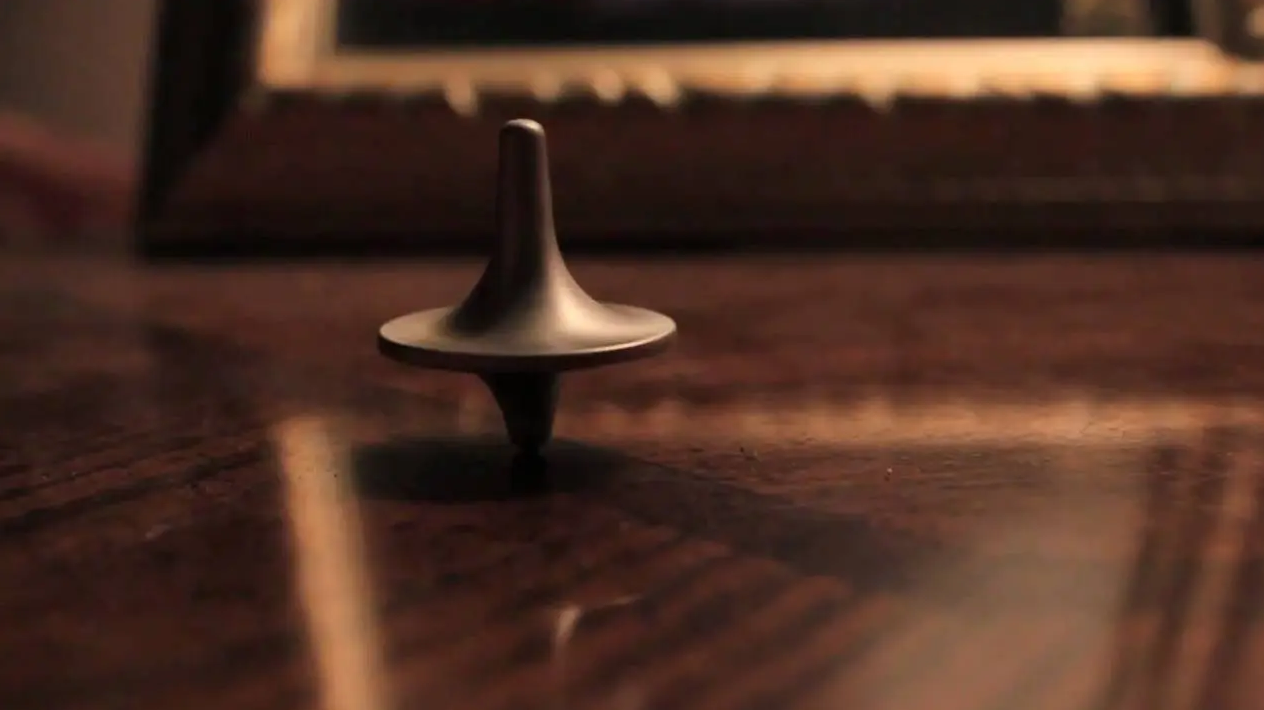A look at the most iconic movie endings ever—the jaw-droppers, the tearjerkers, and the ones that made us question everything (in the best way).
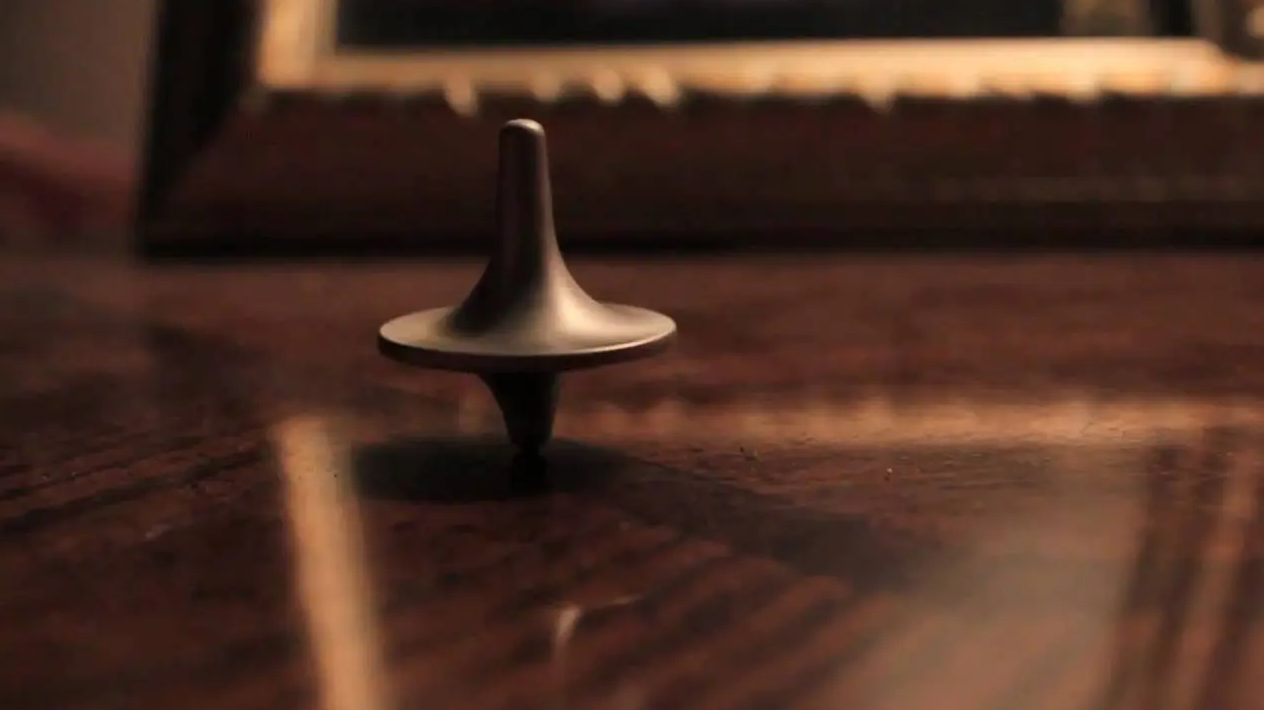
You know that feeling when a movie ends and you just sit there, staring at the screen, unsure whether to clap, cry, or file for emotional compensation? Yeah, that’s what we’re talking about. Some endings hit like a freight train, others sneak up on you hours later when you’re brushing your teeth thinking, Wait… what just happened?
This isn’t about “best endings” in the academic sense. It’s about the ones that got under our skin—the closing moments that made movies feel bigger than movies. From gut-punch twists to quietly perfect farewells, these finales remind us why we keep coming back to the big screen, even when we already know how it ends.
Apocalypse Now (1979)
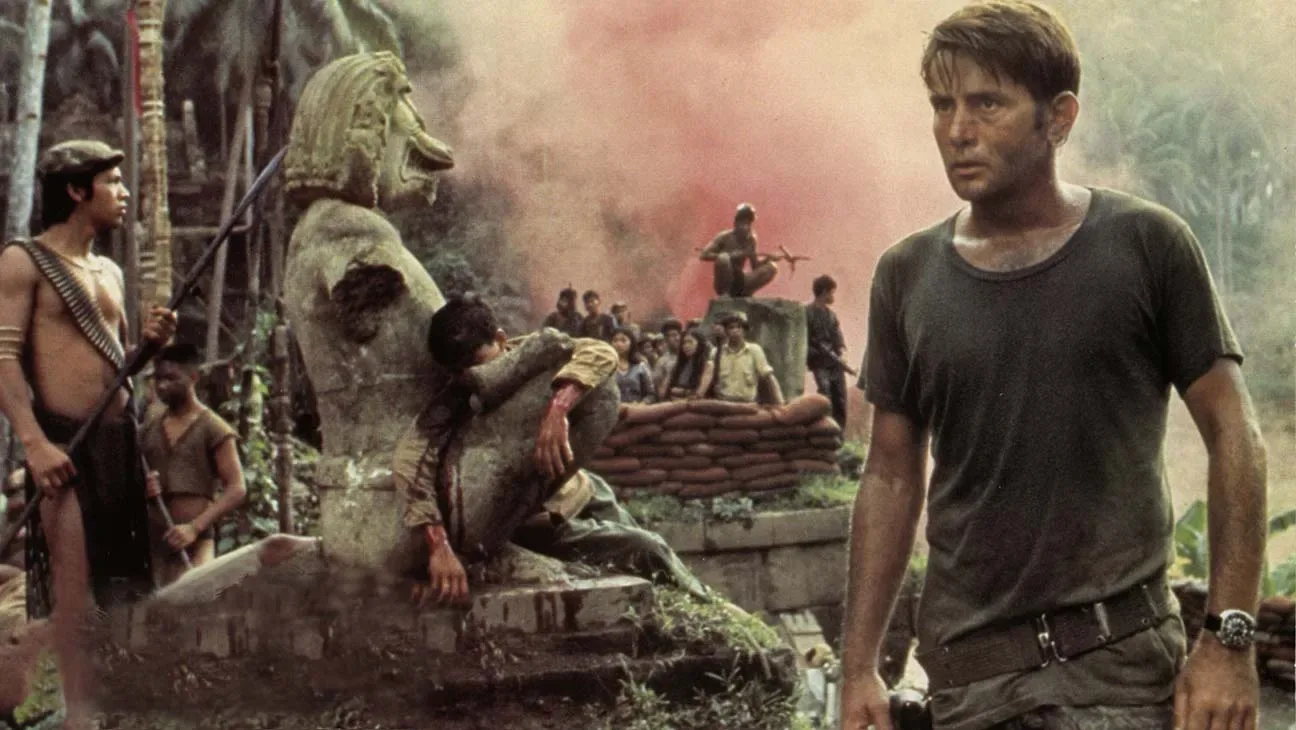
Some endings don’t whisper—they hum, burn, and echo like a fever dream. Apocalypse Now doesn’t resolve the Vietnam War or even try to; it just leaves you drenched in moral fog. When Willard finally reaches Kurtz, it’s less a victory than a mirror held up to madness itself. Coppola turns the confrontation into poetry—bloody, quiet poetry. The jungle feels alive, complicit, watching us judge men who’ve gone too far. That final helicopter escape isn’t release—it’s relapse. You walk away wondering who really made it out.
Raging Bull (1980)
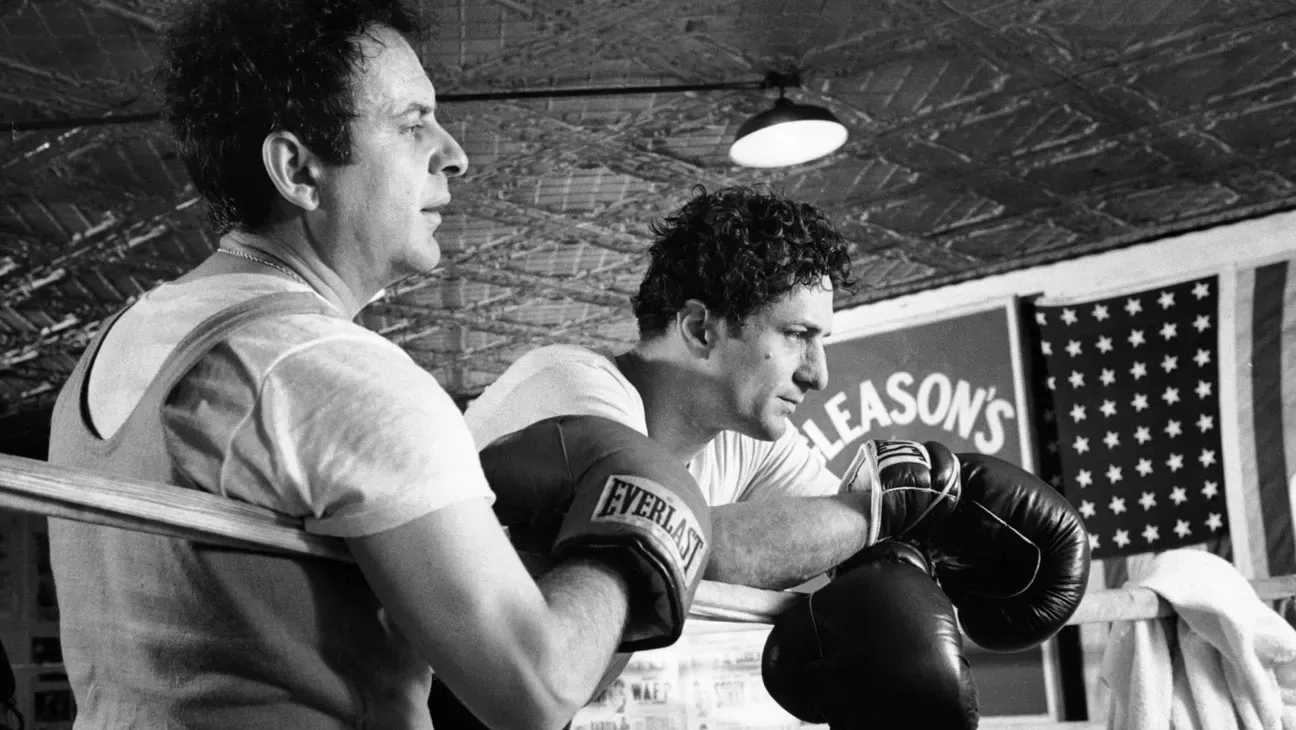
By the time the credits roll on Raging Bull, you don’t need another round in the ring—you’ve already taken the punches emotionally. Jake LaMotta’s last act, rehearsing lines to his reflection, is both haunting and weirdly tender. It’s not a comeback story; it’s a confession disguised as a performance. Scorsese doesn’t let him win or lose—he just lets him exist, bruised and bloated by ego. The silence of that dressing room hits harder than any knockout. You realize the fight was never about boxing. It was about self-destruction, and the crowd’s gone home.
Gone with the Wind (1939)
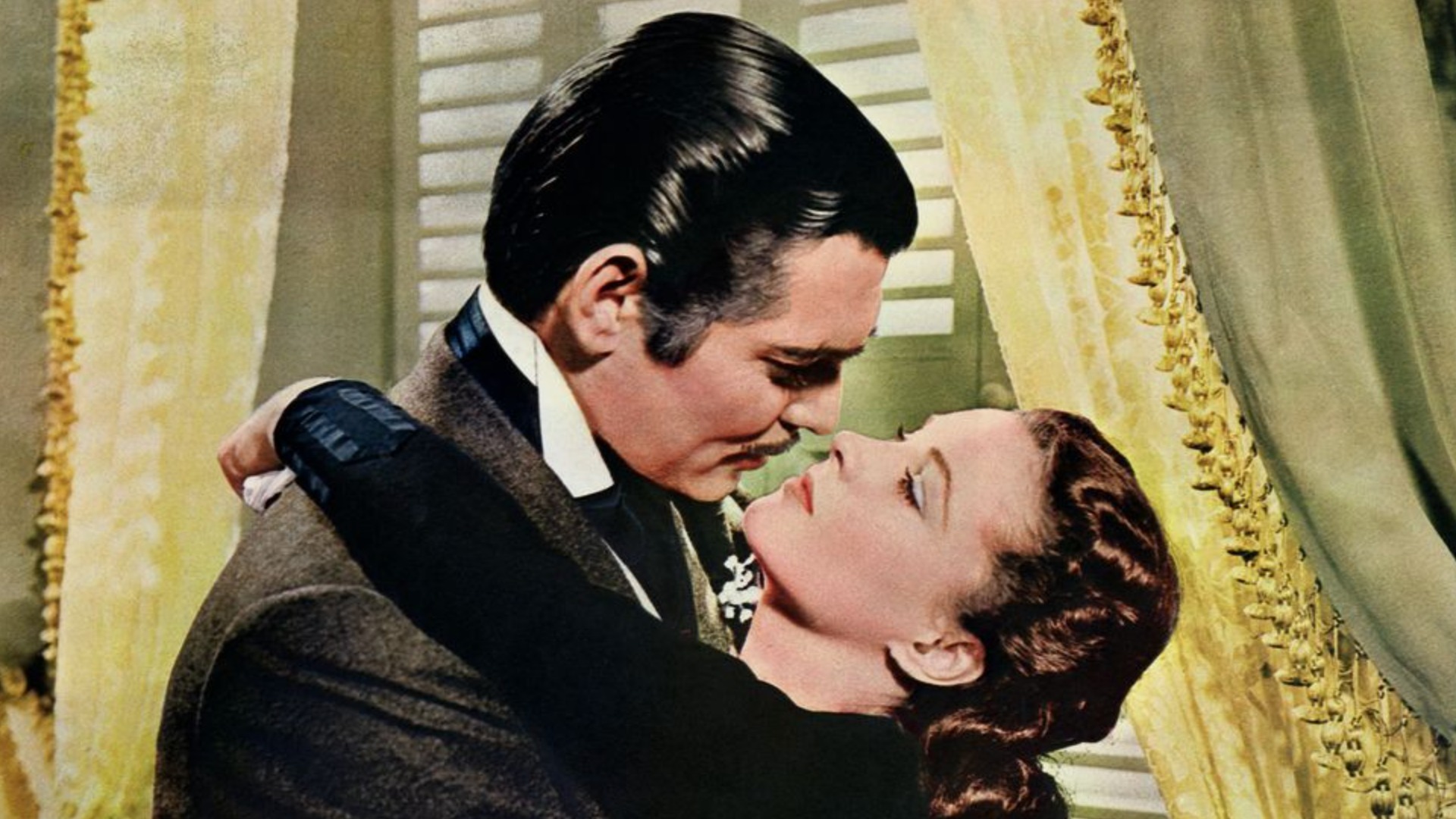
Few closing lines have aged into legend quite like Scarlett O’Hara’s breezy defiance—“After all, tomorrow is another day!” It’s the kind of line that feels hopeful on the surface and heartbreaking underneath. Everything’s burned, everyone’s gone, yet she’s still scheming for a tomorrow that may never come. The grandeur of the shot, the costume, the swelling music—it all feels like cinema saying goodbye to its own innocence. Rhett’s “Frankly, my dear” walks so Scarlett’s stubbornness can run. It’s melodrama turned myth. And somehow, it still hits.
There Will Be Blood (2007)
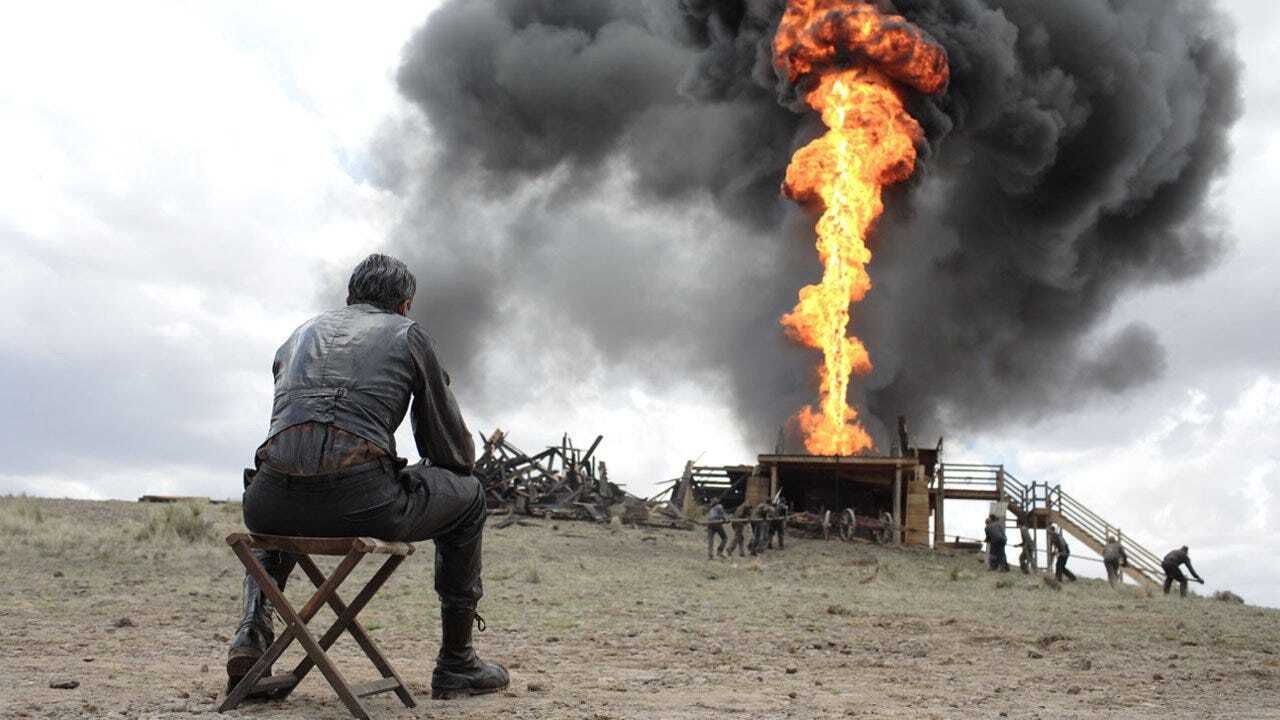
The final moments of There Will Be Blood aren’t just unsettling—they’re practically operatic in their absurdity. By the time Daniel Plainview is screaming about milkshakes and bludgeoning his rival, we’ve long left sanity behind. It’s capitalism, religion, ego, and madness, all bubbling over in a bowling alley. Anderson doesn’t give catharsis; he gives chaos wearing a tuxedo. You want to look away, but it’s magnetic, this grotesque ballet of greed fulfilled. “I’m finished,” Plainview says, and somehow we believe him. The scariest part is that he’s right.
Life Is Beautiful (1997)
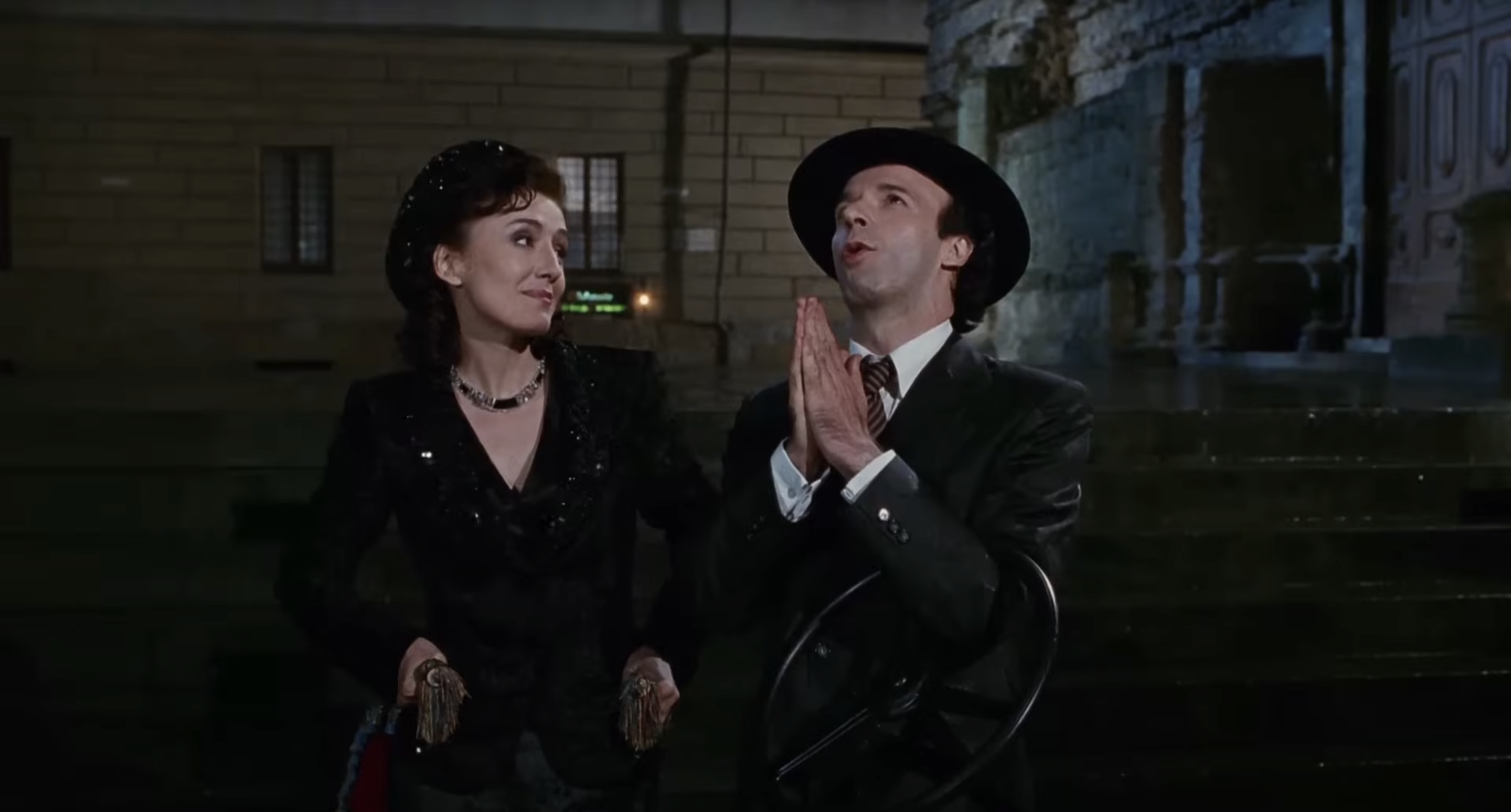
Bittersweet doesn’t even begin to cover it. Life Is Beautiful ends not with spectacle but with sacrifice disguised as comedy. Guido’s optimism becomes his son’s shield, his lies a final act of love that somehow make unbearable truth survivable. The tone walks a tightrope—humor brushing shoulders with horror—and somehow never falls. When he’s led away, the audience knows what’s coming, yet we cling to hope because he taught us to. The laughter that once charmed now hurts, and that’s exactly the point. Beauty and heartbreak, holding hands till the end.
It’s a Wonderful Life (1946)
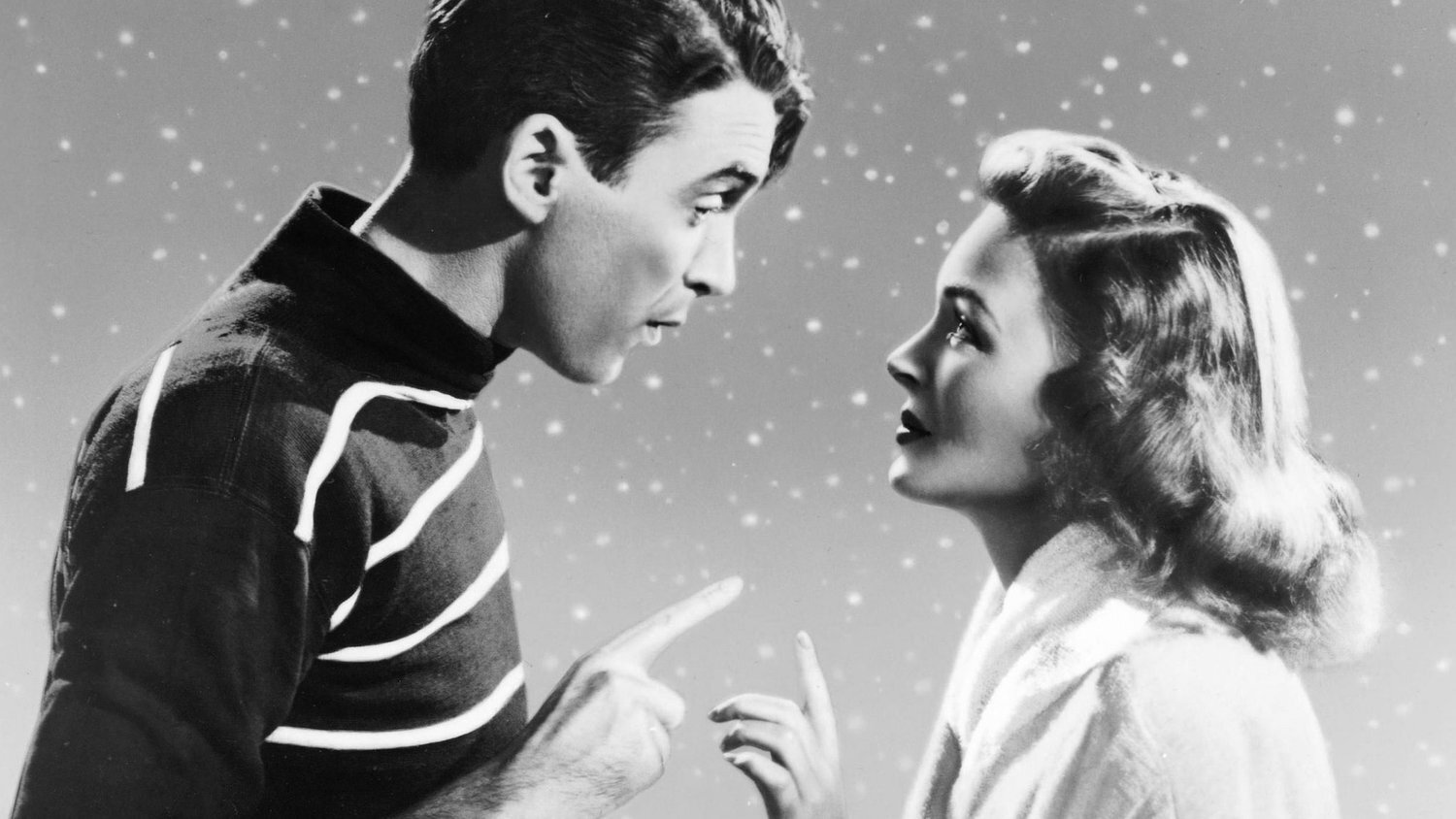
You might think a finale that’s basically “everyone loves you” is cheesy—but It’s a Wonderful Life somehow pulls it off without becoming syrup. George Bailey’s wallow through despair pays off when his angel army shows up and the town comes to his door like a cinematic hug. There’s pure joy, tears, and that swell of music that almost dares you not to cry. The film doesn’t pretend life is perfect, but it dares to say connection matters more than banknotes. In the final minutes, George looks around and sees his worth—not in dollars, but in hearts. You exit knowing that cinema can sometimes be medicine. Hope wins, messily but genuinely.
The Dark Knight (2008)
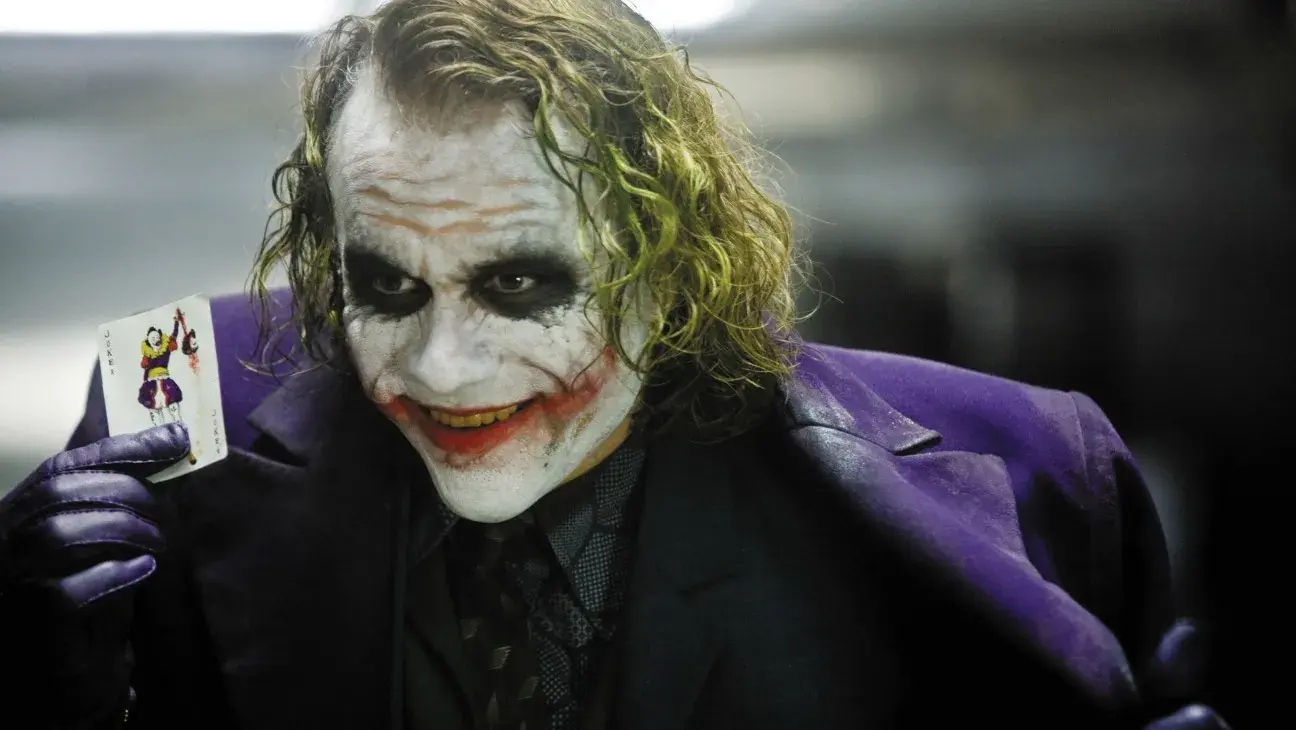
The streets of Gotham have never felt more fragile than in The Dark Knight’s final beat. After all the chaos, Batman lets Harvey Dent take the fall, assuming the mantle of “fallen hero” so the city can sleep safer. It’s a sacrifice so morally ambiguous your brain has to sit and process it for a minute. The city cops don’t cheer; they stand, bearing witness to a lie built on love and guilt. The camera lingers on that bird’s-eye shot, making you feel small in a monstrous world. You walk away thinking: heroism is messy, justice is ruinous, and sometimes you do the wrong thing for the right reasons.
The Usual Suspects (1995)
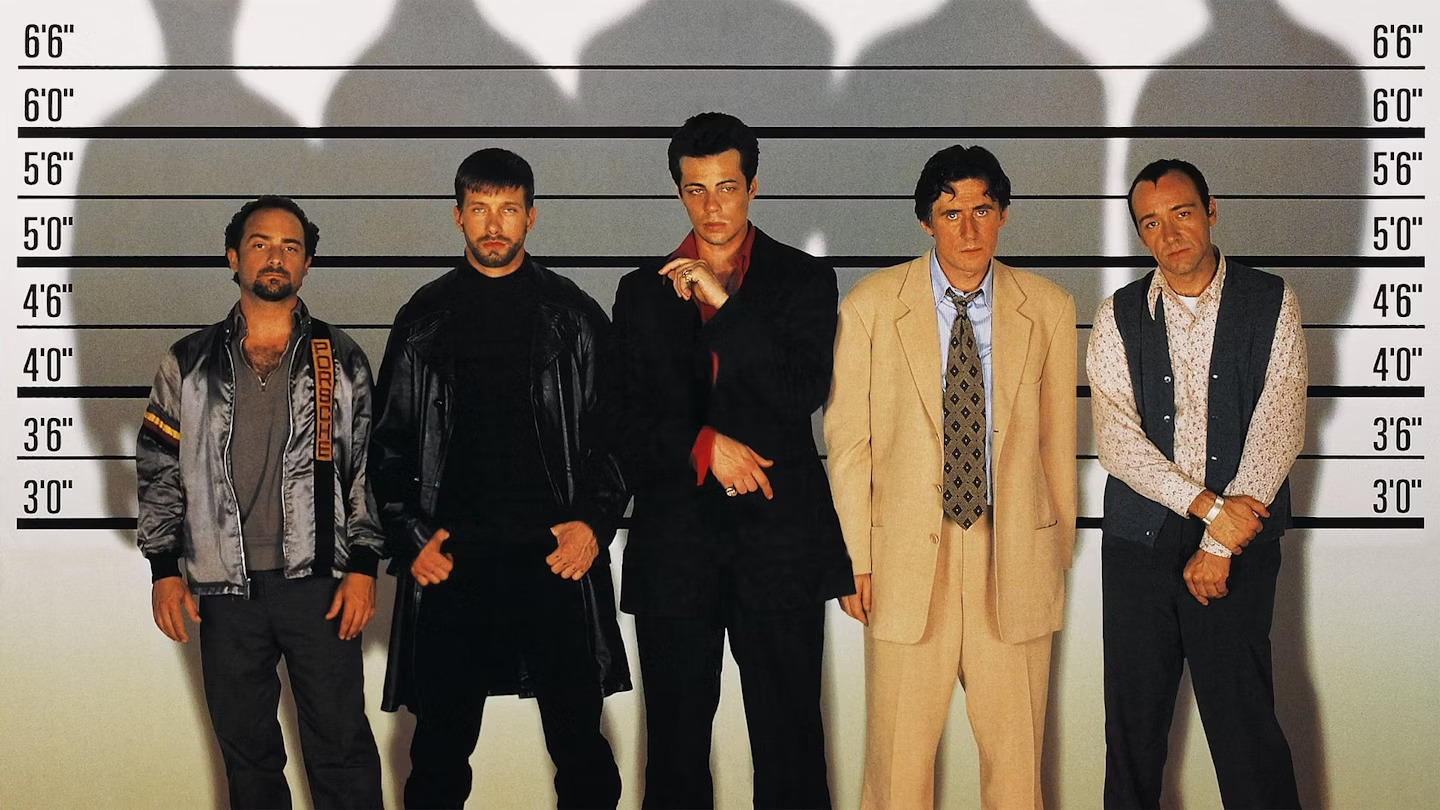
Just when you think you understand who’s who, The Usual Suspects flips your internal script with a smirk. Verbal Kint’s twist isn’t just a twist—it’s a punchline in criminal storytelling. As the narrative peels back, we realize we’ve been playing catch-up to a master con artist. That final reveal isn’t earned in action—it’s earned in deception, misdirection, and storytelling so sleek it makes you question your own attention span. You emerge from it glaring at your own assumptions, and loving that you got fooled. Every rewatch feels like catching a wink from the filmmaker. Reality was the con all along.
Psycho (1960)
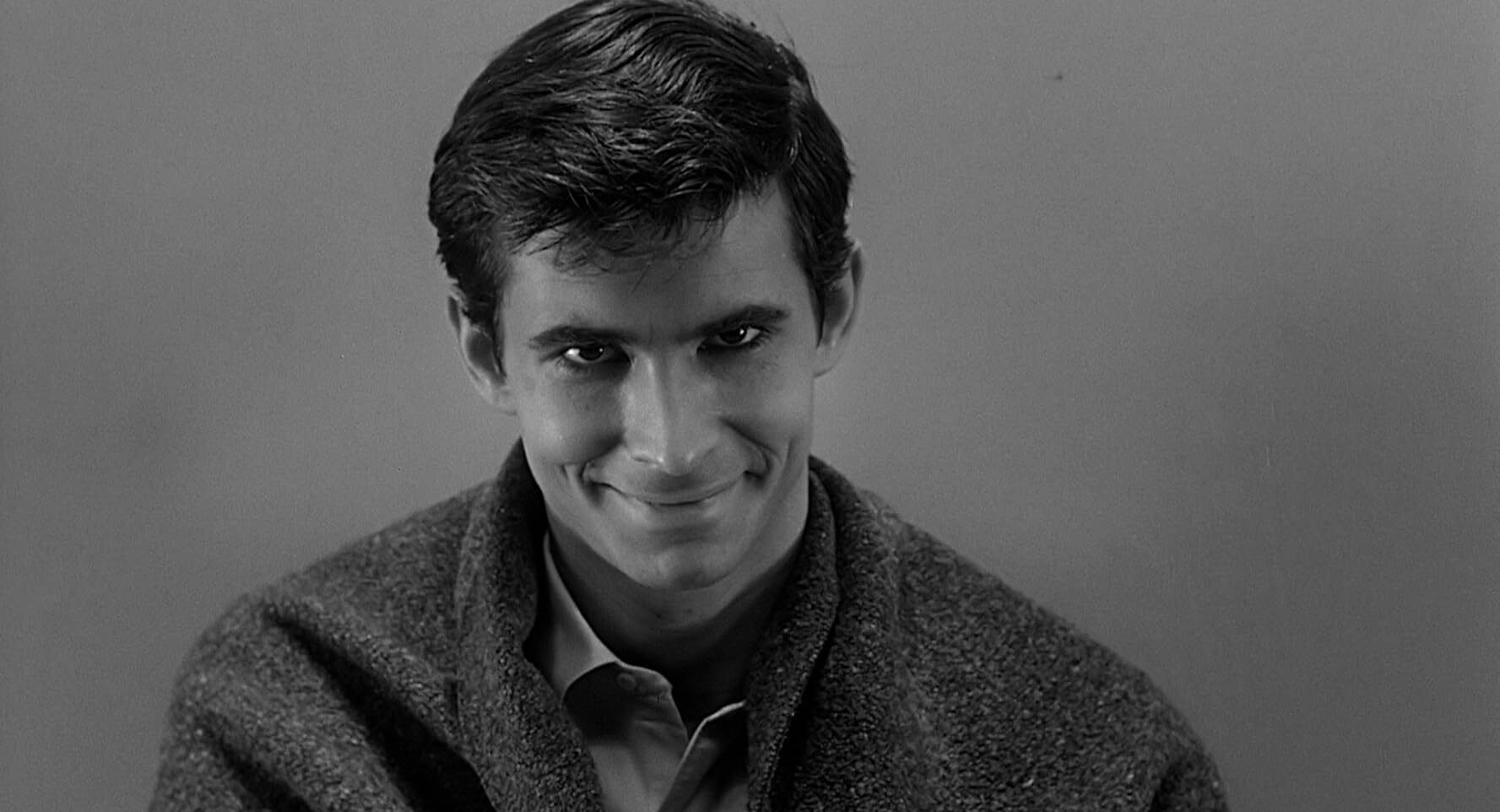
If your heart didn’t skip a beat at Psycho’s finale, did you even watch? Norman Bates’s transformation from meek motel keeper to something infinitely more terrifying is the kind of twist that rewrote horror forever. The shower scene is the headliner, but it’s in the last frames, in that deadpan mask and mother’s voice echoing, that the real shiver lodges. Hitchcock doesn’t explain everything—he lets your imagination fill in the cramps. You can’t help but feel complicit, watching someone snap. The final shot is both horrifying and strangely fascinating: we don’t leave the Bates house; we’re stuck there with Norman.
The Sixth Sense (1999)
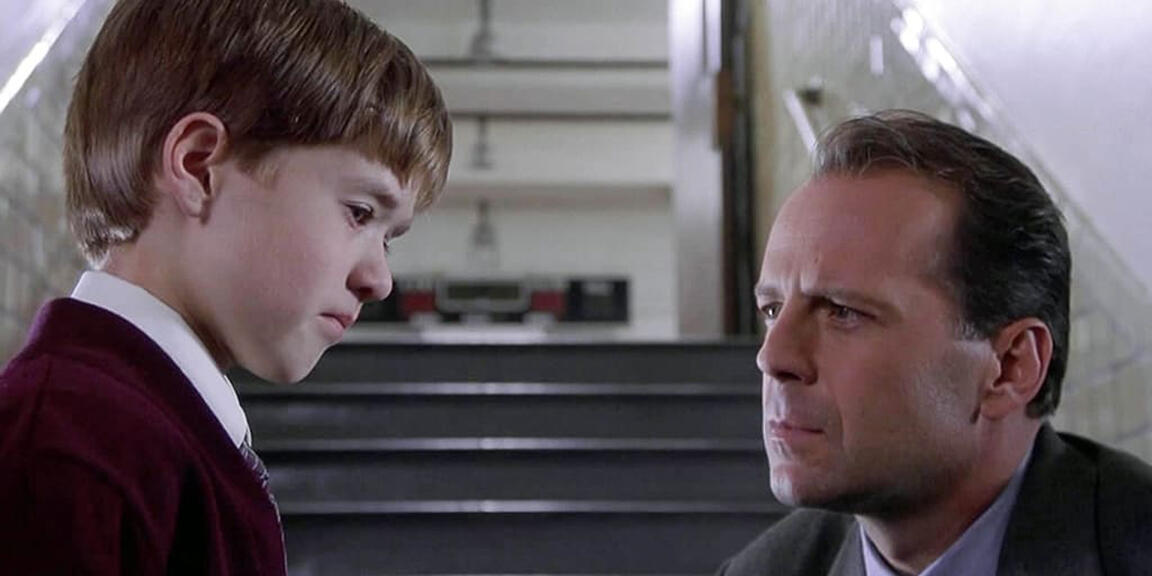
“Sometimes dead is the new alive.” That line hovers over The Sixth Sense’s closing moments like a ghostly promise. When the twist unfurls—Cole’s secret, Malcolm’s guilt—the ground shifts under your feet. You gasp, rewind in your head, realize you’ve been watching through a funhouse mirror. It’s not just the surprise that gets you, though; it’s the emotional weight that follows. Haley Joel Osment’s quiet eyes, Bruce Willis’s stunned revelation—they combine into an ending that haunts your empathy. You think you’ve watched a ghost story, and then you realize it’s a story about people reaching across the veil. That trick, that gut punch, stays with you.
The Godfather (1972)
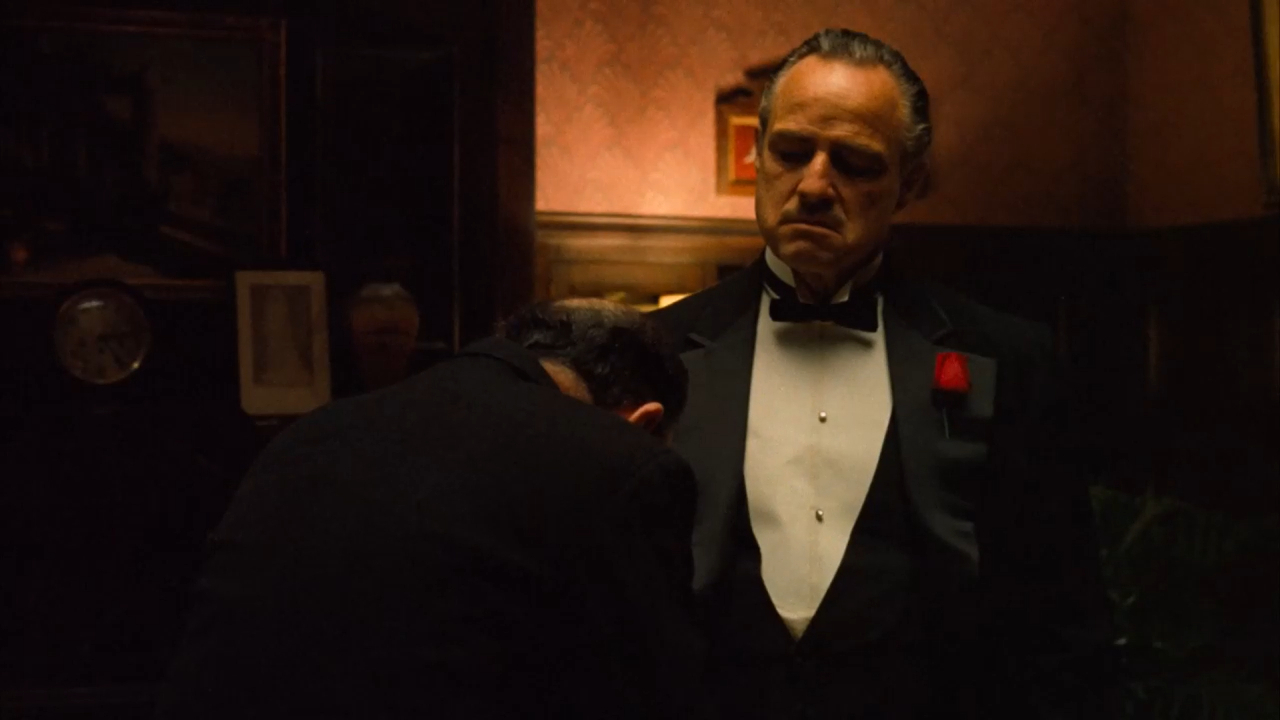
When that door closes at the end of The Godfather, it’s not just shutting Kay out—it’s sealing Michael Corleone’s fate. The transformation is complete: the good son becomes the cold-eyed king. There’s no speech, no fanfare, just the soft weight of inevitability. You feel the tragedy of it even as you admire the power in it. The final nod from Clemenza says it all—loyalty, fear, respect, all blurred into one. It’s a masterclass in visual storytelling: restraint doing the work of fireworks. You leave whispering, “Don’t ever take sides against the family.”
Fight Club (1999)
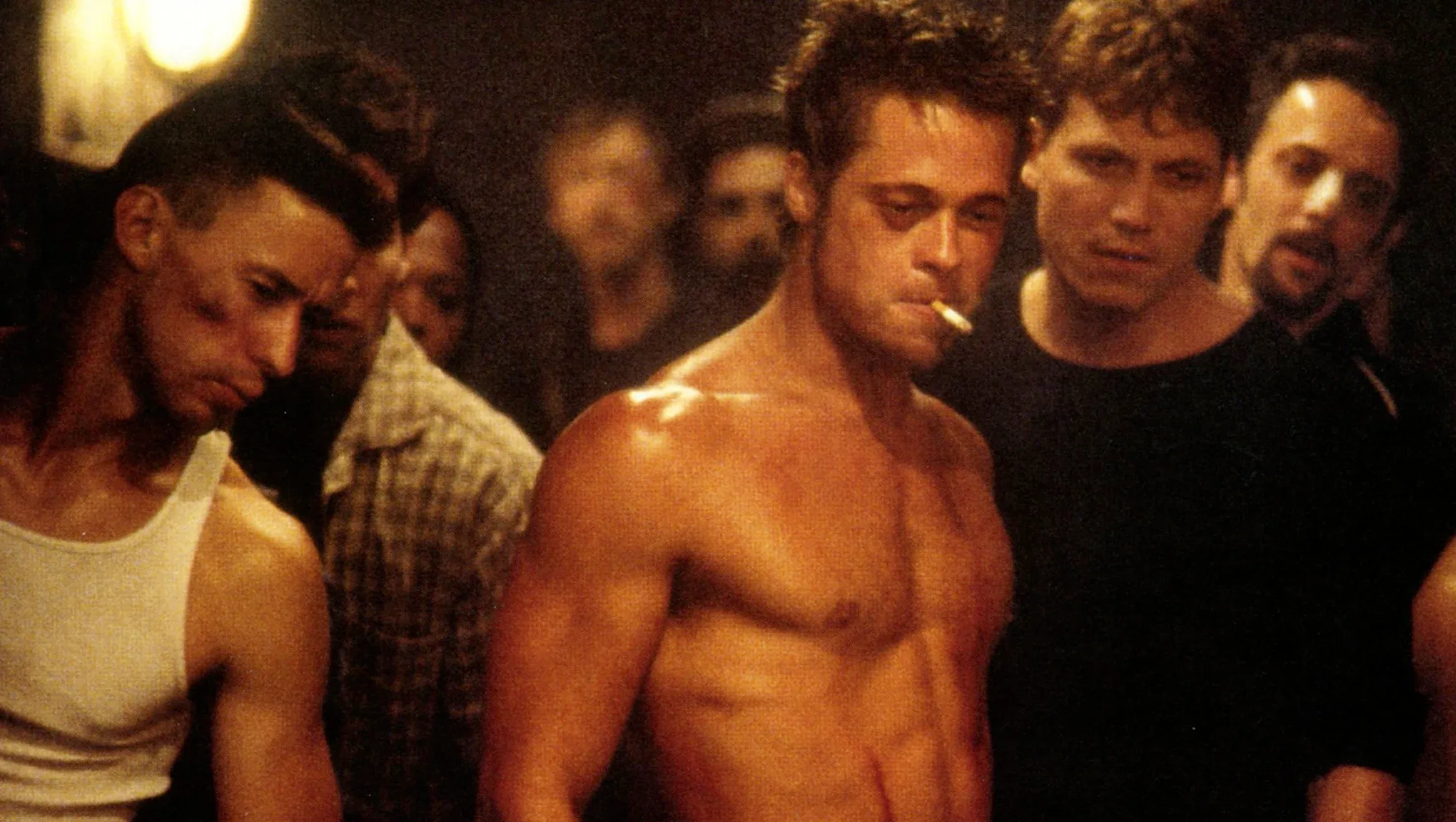
Explosions, Pixies, a hand-holding moment amid anarchy—Fight Club sticks its landing like a twisted rom-com for nihilists. Watching the skyline collapse while “Where Is My Mind?” plays feels almost romantic in a broken, late-’90s way. The unnamed narrator’s chaos finally meets its symmetry; destruction becomes therapy. It’s the kind of ending that makes you laugh, wince, and then text your friend, “Wait, so was he…?” The genius is that it’s absurdly grand and deeply personal at once. Somewhere between the smoke and rubble, Tyler Durden finally disappears—and what’s left is scary peace.
Casablanca (1942)
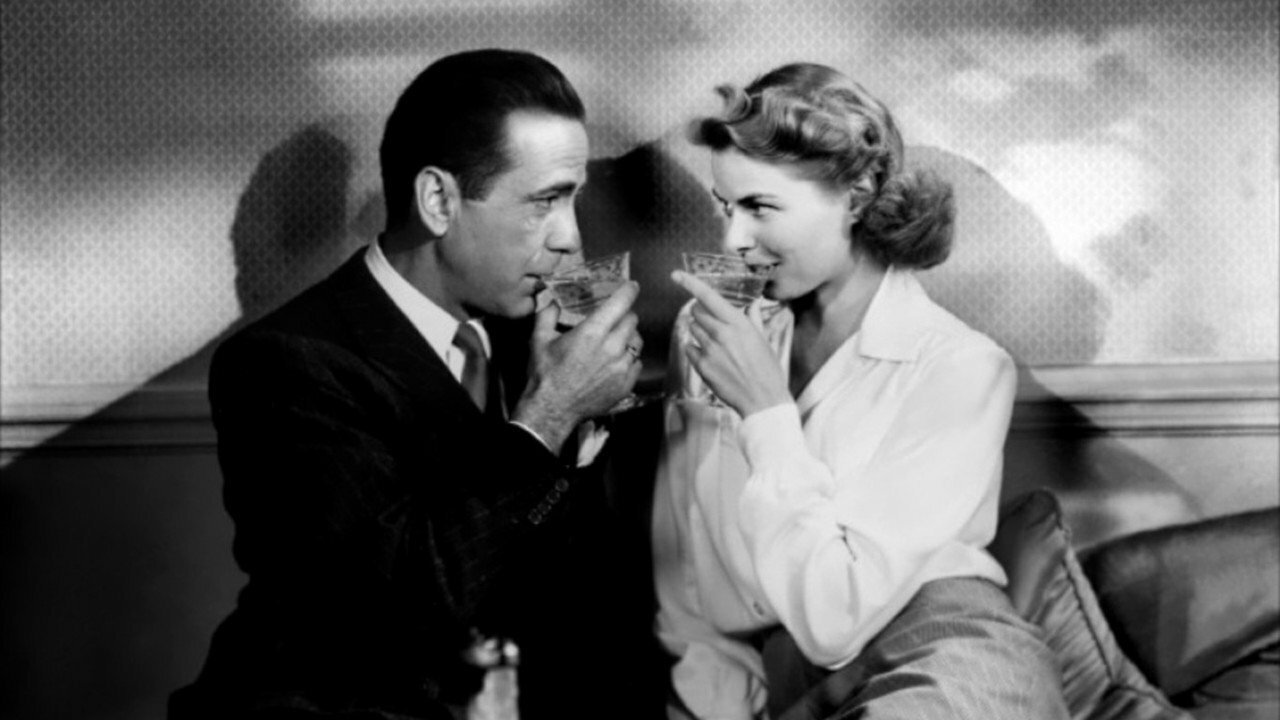
The fog, the plane, the heartbreak—Casablanca ends the way love sometimes does: not neatly, but nobly. Rick letting Ilsa go isn’t a twist, it’s a moral mic drop. The man who said he’d never stick his neck out does the right thing, and suddenly cynicism doesn’t stand a chance. The dialogue sings, the lighting glows, and you’re left suspended between melancholy and admiration. “We’ll always have Paris” feels like both comfort and curse. It’s cinematic poetry disguised as a goodbye. You want a sequel, but deep down, you know perfection doesn’t need one.
Inception (2010)
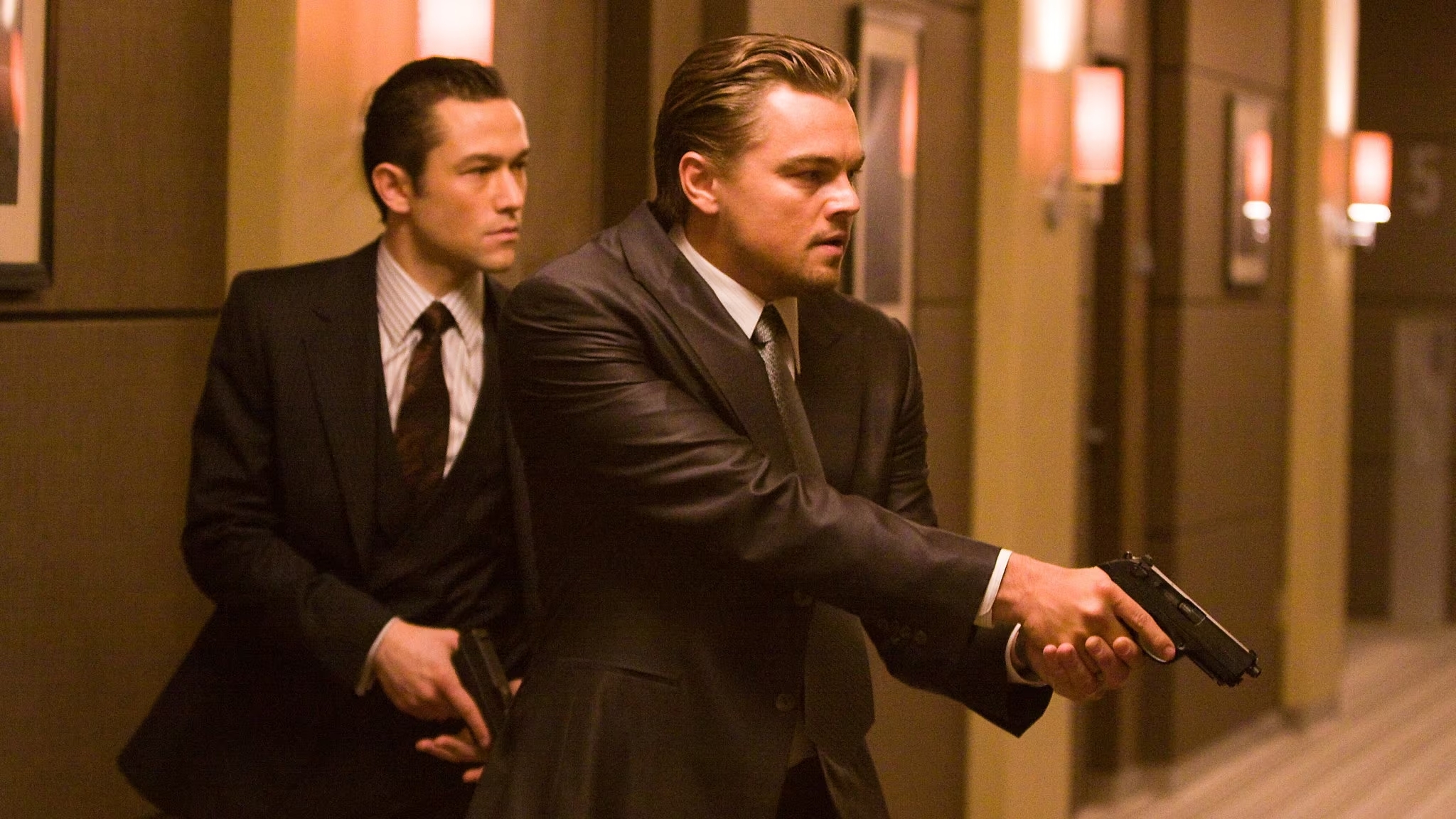
That spinning top might be the most debated piece of furniture in movie history. Inception’s final scene doesn’t answer the question—it weaponizes it. Nolan cuts to black just as we lean in, proving that uncertainty can be the ultimate thrill. Cobb’s reunion with his kids could be real or dream, but what matters is that he stops checking. The beauty is in the ambiguity, the perfect narrative tease that lives rent-free in your brain. The ending doesn’t tell you what’s real; it dares you to decide what you want to believe. Cue the collective groan from audiences everywhere.
The Shawshank Redemption (1994)
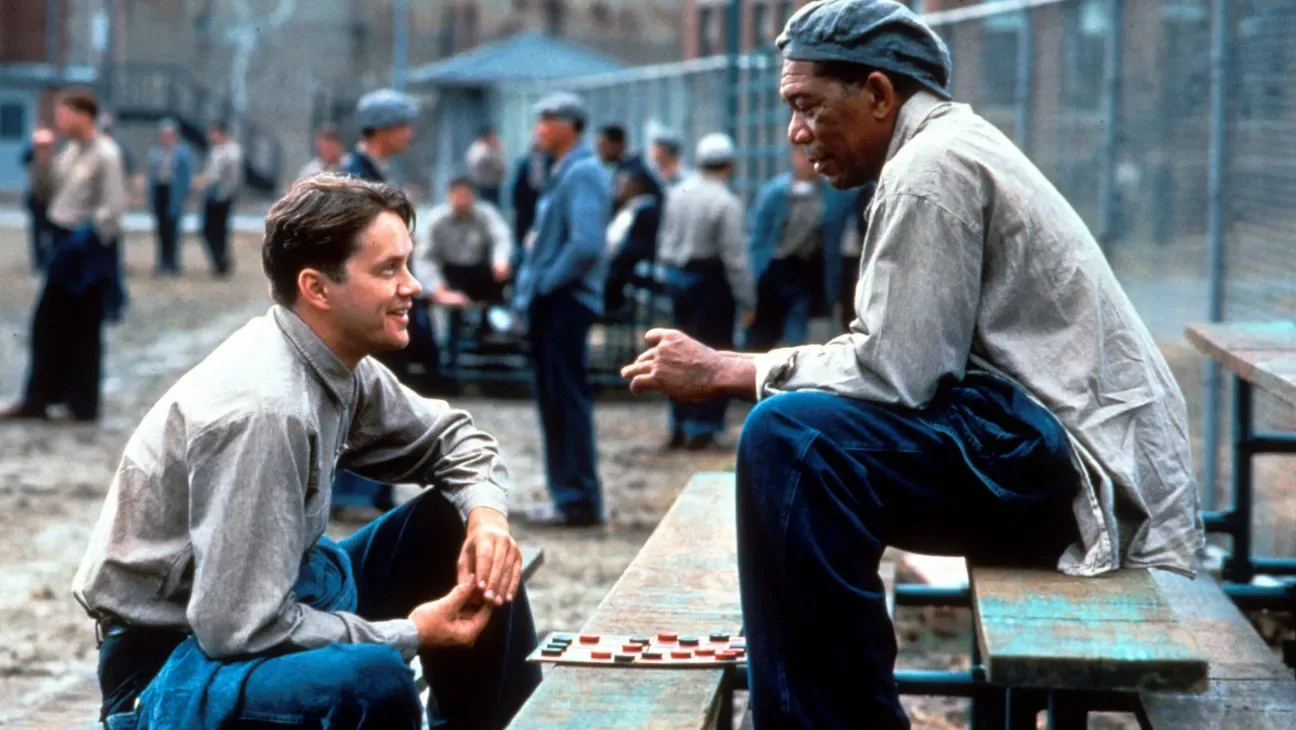
When Andy walks free in The Shawshank Redemption, it’s not just rain pouring—it’s 20 years of injustice washing off his back. The escape, the twist, the quiet satisfaction of outsmarting the system—it all lands with cathartic perfection. And yet, it’s Red’s beachside narration that turns freedom into poetry. “I hope” becomes one of the simplest, most powerful final lines in film history. There’s no villain to vanquish anymore, just the open sea and the promise of peace. It’s the rare ending that leaves you lighter. Hope, it turns out, was never naive—it was the plan all along.


































